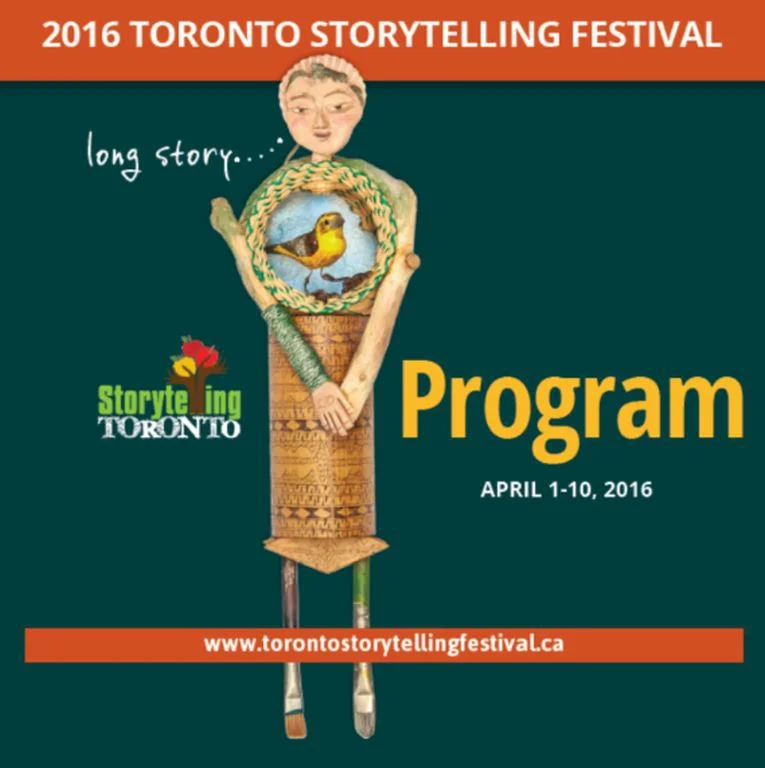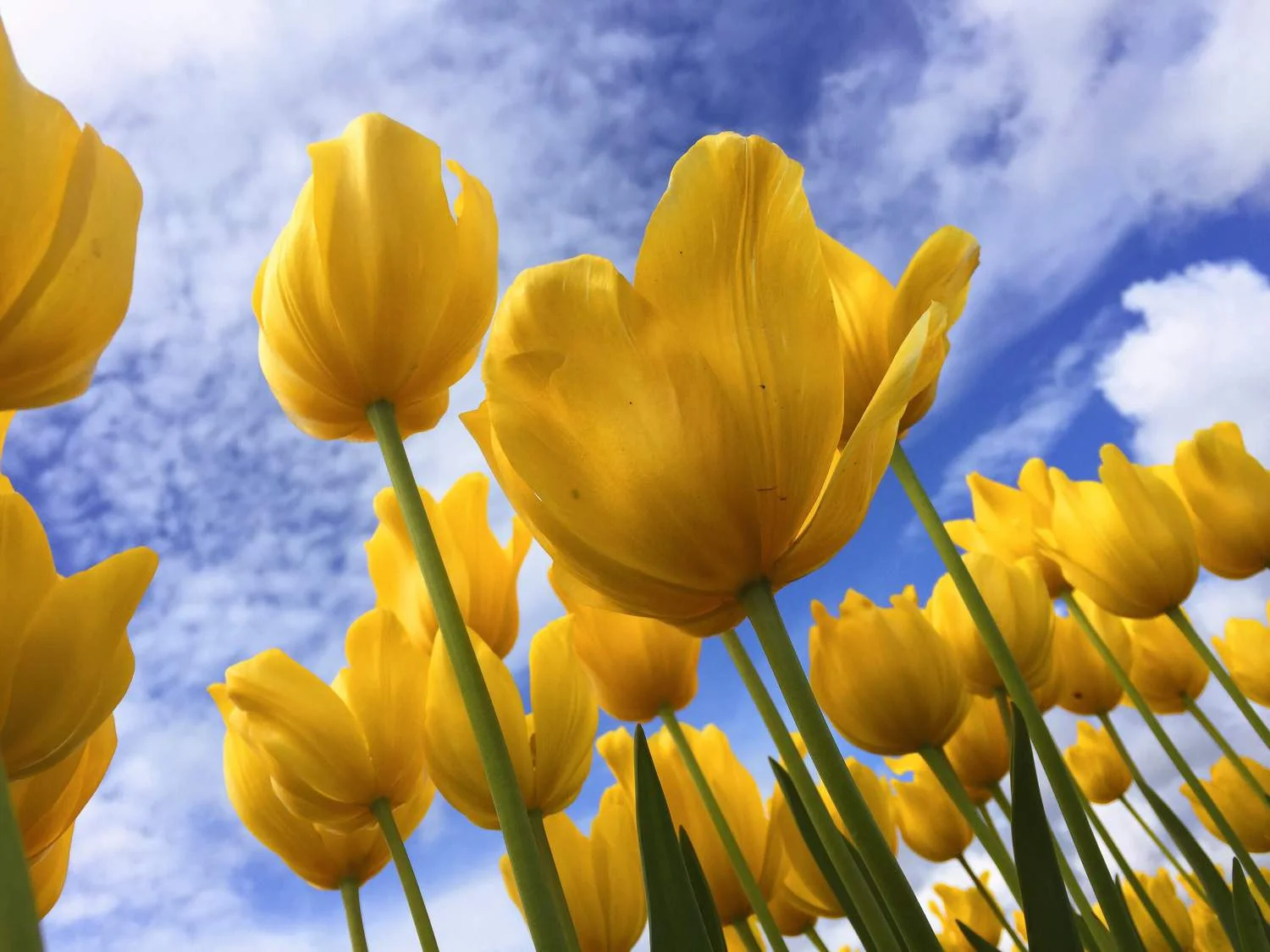How many times have you encountered something truly global and truly edifying?
We're talking something that elevates the soul and has built a worldwide following, something that is lamentably rare and special.
We're talking Scouting, an historically Christian movement with a wonderfully Ismaili flavor.
April 1st to April 10th sees the return of the annual Toronto Storytelling Festival, the fourth iteration of this celebration of story.
This year, Navroz and Easter fall within a week of each other. Both are celebrations of new life and bear a remarkable similarity in symbolism.
A new art display at the Newton Cultural Center in Surrey, Canada, features the work of nine Ismaili women across various mediums, from paintings to sculptures.
Salgirah, literally meaning 'birthday' in Urdu, is celebrated across the Ismaili world on 13th December. On that day, 1936, Prince Shah Karim Al Hussaini, Aga Khan IV was born to Princess Tajuddawlah Aly Khan in Geneva, Switzerland.
Held in Vancouver, the Odyssey Art Exhibition, organised by Taslim Samji, brought together the art of 16 different Ismaili artists from November 23rd to December 1st. Sandra Zimmerman, in The Source, writes that the goal of the exhibition was
"[c]reating art as a vehicle for communication to help transcend boundaries"
The further east you travel along the Wakhan Corridor, the more and more it feels like the end of the earth. So much so that you get the sense that driving any further East and you'd drop off the end.
The flute is often played in songs from the Ismaili Pamir regions. Some types of *nay* are played like a traditional western flute, from the side. The examples below are of end-blown flutes (much like a recorder). Often the *nay* is used for the traditional performance, *falaki*.
The Rubob/Rubab hails from central Afghanistan and derives its name from an Arabic word meaning 'played with a bow'. With slight variations from region to region, it is a 17 or 18 stringed mulberry wood instrument that shares similarities with the lute. It is a key part of many classical Persian compositions, and is even the national instrument of Afghanistan.
Here's a collection of Wakhi songs, both from Pakistan and Tajikistan. The Wakhi number about 100 000 and live across Badakhshan (Tajikistan and Afghanistan) as well as in north west Pakistan and far west China. Their language has not traditionally been written (although there are scripts in Cyrillic and Arabic) and so song and story-telling are two of the principle ways the language is kept alive.
Produced to commemorate the Aga Khan's 50th Jubilee in 2007, *An Islamic Conscience* positions Ismailism as the moderate voice of Islam in a 45 minute film that features some fascinating archival footage.
This is Daftary's masterpiece, a towering work that consolidates his position as a, if not the leading Ismaili academic. This is a book for the historian or religiously-curious alike, a tome that expertly weaves history and doctrine together. It traces the development of Ismaili philosophy and tradition through a historical narrative that brings a previously patchy and bias-laden history into the modern era of scholarship.
Ansary opens his book with a winning account of the earliest days of Islam, from Mohammad's conversion to the wrangling and tussle for leadership which precipitated the Sunni-Shia split.
Clash of Civilisations?
Prince Karim Aga Khan IV has, on a number of occasions, refuted Samuel P. Huntingdon's theory of a clash of civilisations, saying:
"I disagree with this assessment. In my view it is a clash of ignorance which is to blame"















